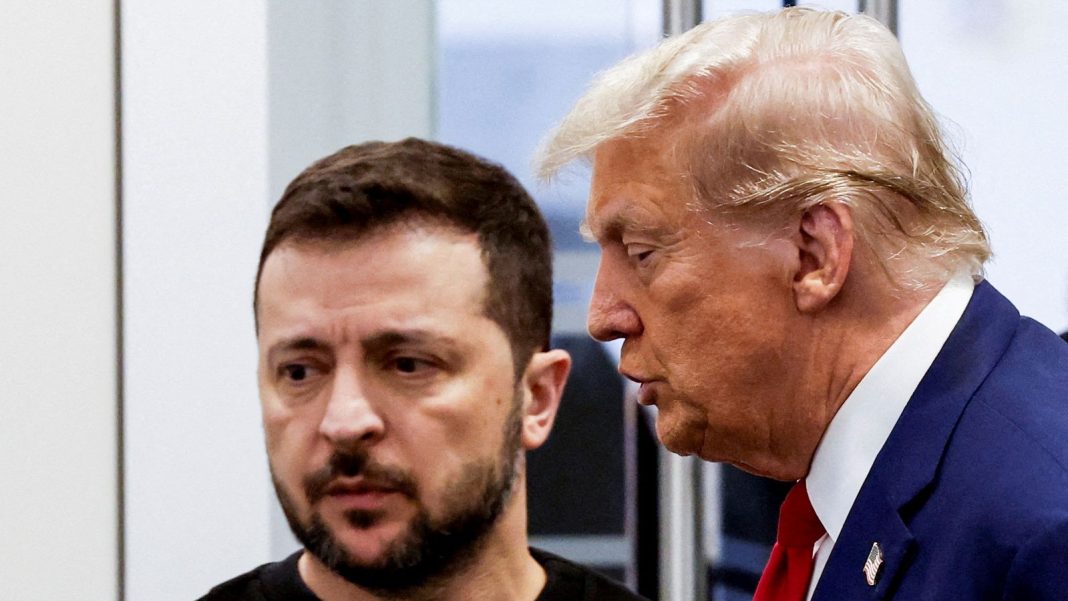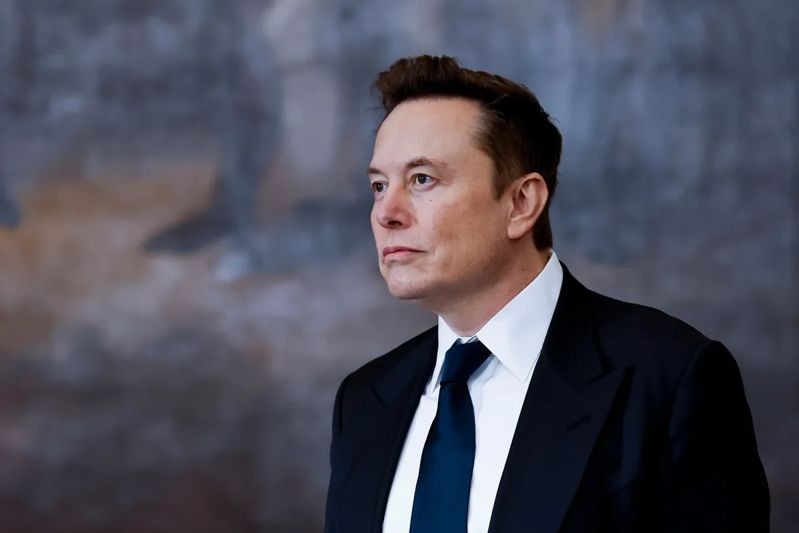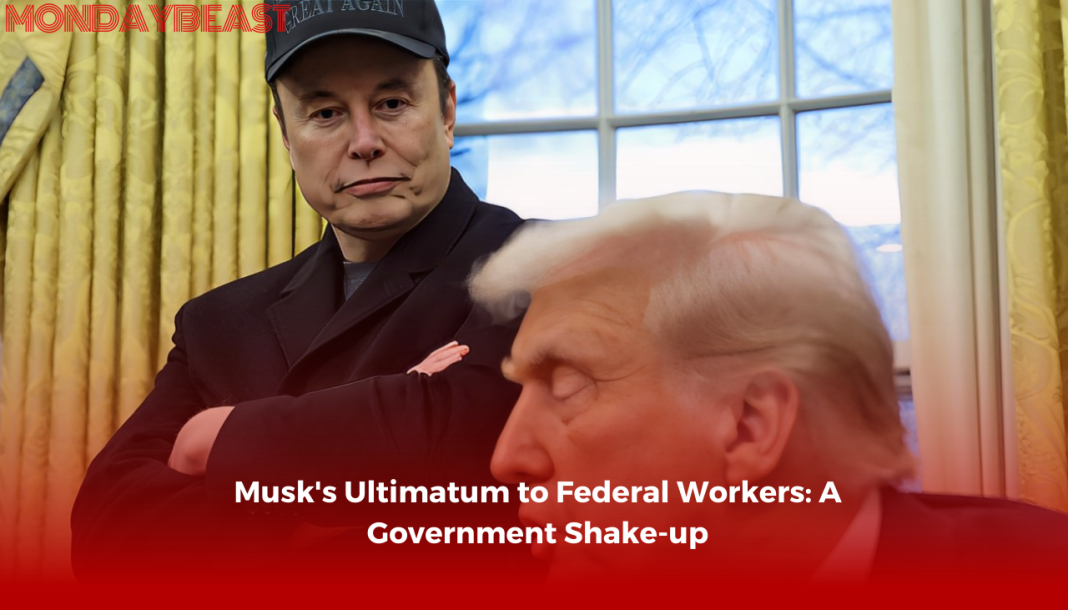**Key Players Are Not Taking a Stand**
In a recent Fox News interview, two former Trump officials offered a notably vague response to the question of who started the war in Ukraine. This question is artfully layered, nuanced even. It’s hard to ignore the implications of their words. Did they avoid giving a definitive answer because they truly see the situation as complicated? Or was it a matter of political strategy?
During the interview, Defense Secretary Pete Hegseth pointedly described the situation as “very complicated.” It’s worth reflecting on what that means. Isn’t the characterization of who attacked first essential in framing the narrative? In a world where the truth seems to shift like sand, we are left wondering what their reticence signals.
The episode comes on the heels of Trump himself labeling Ukraine’s President Volodymyr Zelenskyy a “dictator.” This is a drastic shift from the past U.S. stance that firmly placed the blame on Russia for its invasion in 2022. Is there a sense of a broader agenda at play here? What sort of impact will this have on U.S.-Ukraine relations?
**A New Perspective on Blame**
Hegseth pushed back against the notion of urgent blame. He questioned whether “finger-pointing” was constructive. His emphasis lay on the potential to foster peace talks. But what does that peace look like? Are we moving towards a resolution, or stalling?
The idea that we should avoid labeling is indeed contentious. It leaves a bitter taste, doesn’t it? Our ethical compass tells us to identify wrongs, to separate the good from the bad. Yet, here we are juggling words and meanings, hoping for a diplomatic solution. In the end, can we truly overlook who the aggressor was?
**Striking Balances and Bending Narratives**
Meanwhile, figures like Steve Witkoff, a Middle East special envoy, suggested that the war was provoked but stopped short of blaming Russia directly. It leads to an even deeper question: if provocation was at play, who holds the weight of that responsibility?
Witkoff pointed towards NATO discussions from years prior. But what does this retrospective analysis mean for the current conflict? This deflection of blame might provide a political cushion but does it give actual clarity to suffering victims in Ukraine?
As Trump reiterated his critiques against Zelenskyy, set against a backdrop where Putin escapes similar scrutiny, it raises eyebrows. What message are we sending to those living in Ukraine? And how do we, as a nation, reconcile our support for Zelenskyy while sidestepping serious conversations about Putin’s actions?
**Seeking Peace or Avoiding Accountability?**
Trump’s statement, urging both leaders to gather, invoked a common sentiment—an urge to stop the violence. Yet, we must ask: is avoiding blame synonymous with seeking peace? Are we inadvertently dismissing the very real stakes involved?
Amidst this complex landscape, countless lives hang in the balance. How can peace be achieved when accountability seems to be brushed aside? Can we advocate for a resolution while forgetting that Russia initiated a brutal conflict?
**Understanding the Broader Implications**
Some may interpret these responses as sheer political maneuvering. Is it possible that making Russia the clear villain might lead to more hostility and less cooperation? This fragile balancing act raises the stakes for everyone involved.
The situation in Ukraine is not a simple story of heroism and tyranny. It’s a deeply intricate tapestry of history, politics, and humanity. As we navigate through these murky waters, we must consider: What do we want our role to be in this unfolding crisis?
Perhaps there’s room for discourse. Maybe it’s okay to label some aspects of this situation as wrong while fostering pathways for negotiations. However, we must tread carefully. What remains clear is that the world watches, waiting for answers we must all grapple with. How will history judge us, and what future are we constructing through these conversations? And as we navigate the landscape of blame and diplomacy, can we remain hopeful that peace is attainable?




